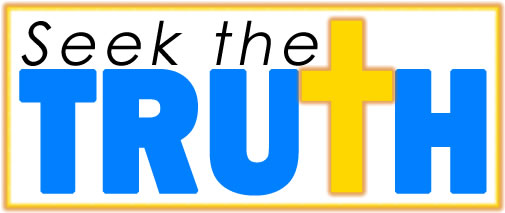John the Baptist's disciples were not liked very much by the Pharisees of the day. The Baptist was preaching the coming of the Lord - the Messiah - and was not shy about exposing the Pharisees' (and others') hypocrisy. John's disciples were fasting to be sure Jesus was the Messiah.
The Pharisees had built quite a life for themselves. Highly respected and admired, they were the authorities over the Jews and had the ear of the Roman officials. who ruled over them. Like tax collectors, they were in league with the Romans in some respects. Unlike the tax collectors, though, they weren't despised. They fasted in public for all to see so that they would appear pious (See Matthew 6:16; Luke 18:10-14).
Then there were Jesus' disciples. They weren't fasting. The reason for fasting is to devote time normally used in meal preparation and eating to pray over a specific need - maybe the healing of an ill relative, salvation for an unsaved friend, or the deliverance of an oppressed Christian brother in another country. But Jesus was healing the sick, He was bringing salvation to people, and He was liberating the oppressed. Jesus' disciples did not need to fast because walking among them was the answer to their fast.
A new covenant was being established. A covenant that would bridge the gap between mankind and God Himself; a gap that existed since Adam and Eve were banished from Eden. Old ideas about the law and sacrifices would no longer fit into the new order of repentance and salvation by grace. The law, once on tablets long lost, and interpreted into some 613 rules made up by men, is now carved on the heart of anyone who believes in the final and great sacrifice, the only sacrifice that could save all mankind, through all history, Jesus Christ. The law can't save us, neither can the sacrifices. Only belief in the one true God, His Son, Jesus Christ - sacrificed on the cross then raised by God the Father to glory and now reigning in Heaven today, will save us completely.
In the old covenant, we had to follow laws we couldn't follow, made ridiculous by man's tampering, and all that did was atone for a single sin. Then we'd sin again and need to sacrifice again. Only one without sin, one who was acceptable by God, could wash us from all past and future sin. That was Jesus Christ.
Content:
Jesus responds to those asking why His disciples are not fasting as were the disciples of John and those of the Pharisees, comparing Himself to the bridegroom and His disciples as the guests. He then compared John and the Pharisees to an old garment or old wineskins and Himself to an unshrunk patch or new wine - that they are not compatible.
Divisions:
- John's disciples and the Pharisees and their disciples fast. People ask why Jesus and His disciples do not
- The guests or Jesus, the bridegroom
- The old garment/old wineskins and the new patch and new wine
Subject Sentence:
Jesus is the bridegroom, the unshrunk patch, the new wine
Aim:
To cause the audience to know that Jesus Christ brings a new dimension to the law of Moses
